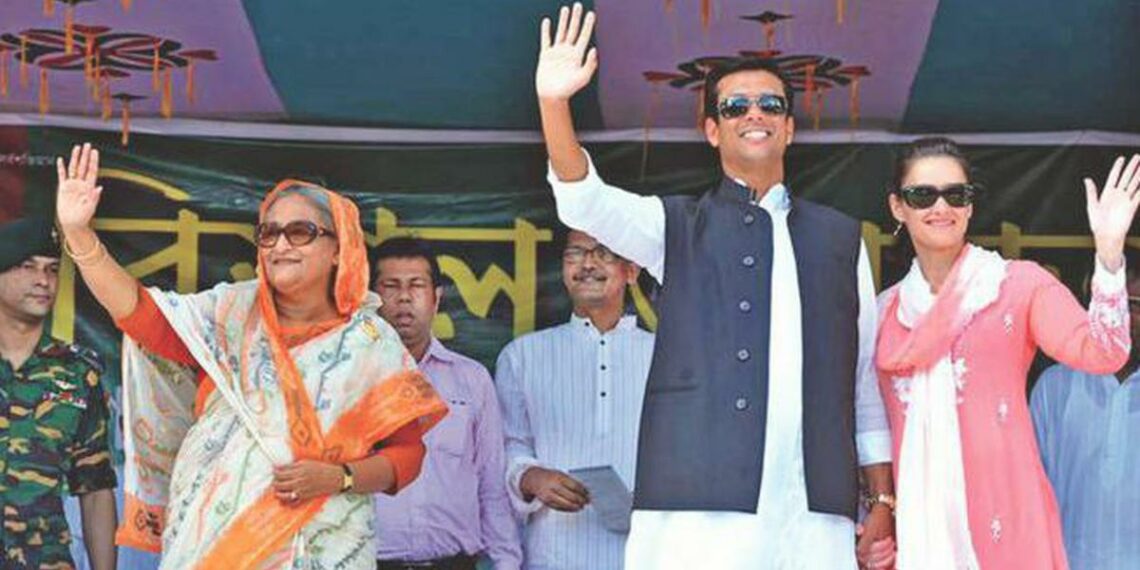At a time when there is every indication of another attempt at a power grab by the Sheikh Hasina-led Awami League, there are clear signs that the prime minister may be willing to deploy a repressive state’s police might to turn the electoral process in her party’s favour. Political observers in Dhaka believe that Sheikh Hasina draws confidence from India in large measure, but the oligarchs – a close network of ruling party politicians, bureaucrats and businessmen – remain a solid bulwark.
One such businessman, Mohammad Saiful Alam, has been able to stave off judicial scrutiny over allegations of siphoning out of the country massive amounts of money. Other grave allegations of Alam’s wheeling-dealing and payoffs to Bangladesh’s political leadership came to light in May 2022 when, during interrogation by the Indian Enforcement Directorate (ED) in a money laundering case, the accused, P K Halder (of Bangladeshi origin) laid bare the massive financial misappropriations committed by Alam.
Halder claimed that Alam had paid kickback to the tune of Tk 1,500 crore to Sheikh Hasina’s son Sajeeb Wazed Joy in a matter related to “tax exemption” on customs duty involving a power plant. This “led to a gain of about Taka 3,000 crores” for Alam’s company” and that “this favour was extended by the present Bangladesh government, in lieu of kickbacks/financial benefits extended to Mr Sajeeb Wazed Joy…by Md. Saiful Alam to the tune of Tk 1500 crores”.
Also Read: Tk 1,500 cr kickback to Sheikh Hasina’s son in 2014, B’desh banker told ED in May 2022
Based on Halder’s statement, the ED’s investigations found the scale of the scams and kickbacks to be massive and widespread – as much as Tk 10,000 crore – and this involved bank frauds, embezzlement and siphoning of money to other countries.
Bangladesh’s oligarchs have amassed phenomenal wealth and power since at least 2008-09 but the Awami League, which has been in power since then, has done little or nothing to prevent the loot and plunder of public money. This has been possible because there are no foolproof systems of checks and balances. And there is no accountability.
Bangladesh’s Anti-Corruption Commission (ACC) was established as a statutory and independent investigating and prosecuting agency in 2004. While its independence was undermined not long after it was founded, its record on cracking down on corruption, which has dug deep roots in Bangladesh, or disrupting and dismantling the systems in government that have engendered graft in high places, has been dismal to say the least.
The ACC, however, showed unusual alacrity to proceed against Halder who was recently sentenced, in absentia, to serve prison time. Does the ACC have the spine to investigate the allegations that Halder made against Alam and Sajeeb Wazed now that he is available in Dhaka? In the event the ACC shows disinclination to move against corruption in high places, graft will remain functional to the maintenance of the political system. This will certainly invite external pressure which could, in turn, deliver a crippling blow to the ruling establishment.















